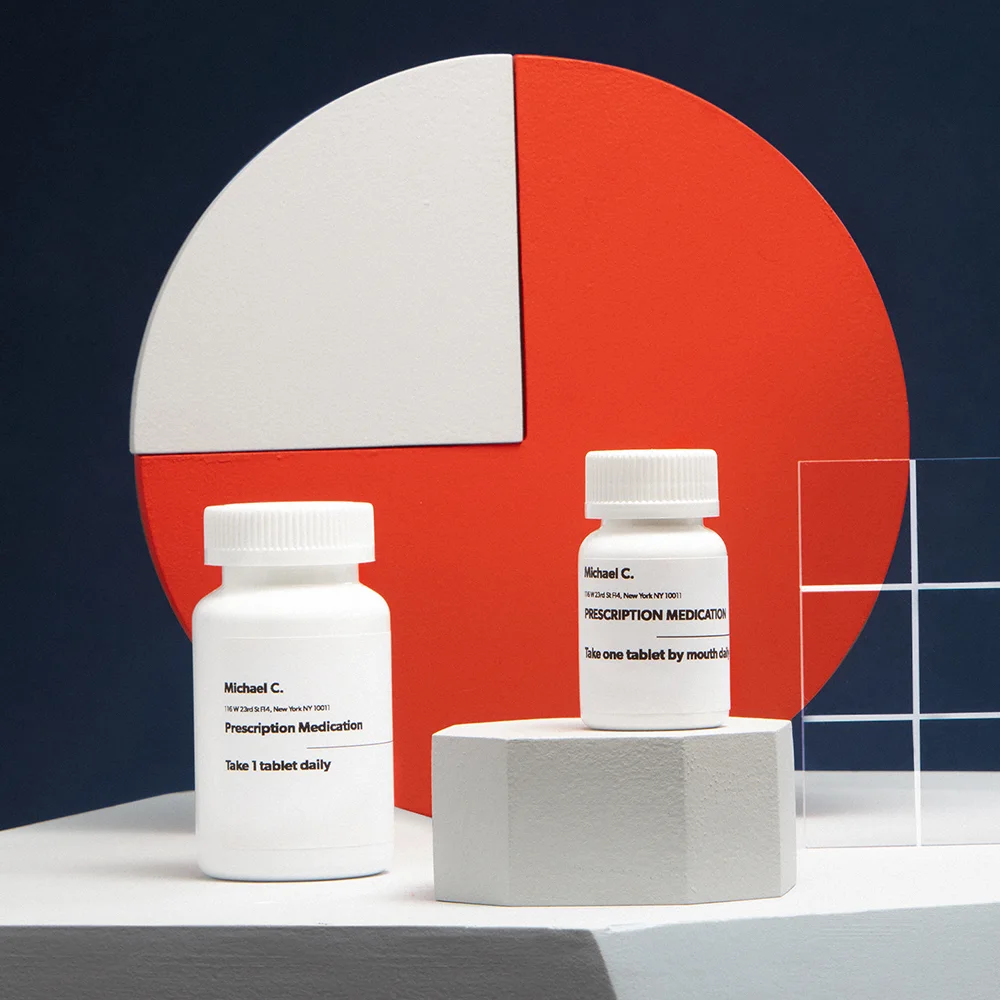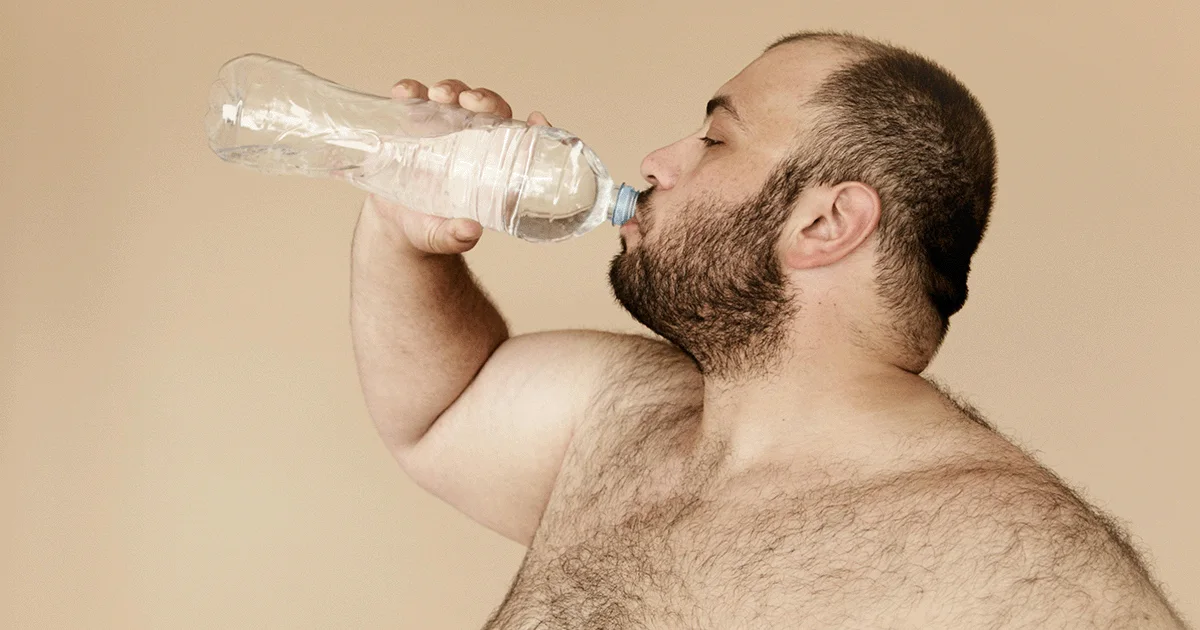Here's what we'll cover
Here's what we'll cover
Here's what we'll cover
You’ve got a special night planned with your sexual partner, but one look in the mirror tells you a cold sore could get in your way. Mayday! What can you do? Is there any way to safely combine cold sores and oral sex?
Cold sores are a form of herpes. Keep reading to learn about this type of herpes and how to navigate cold sores and oral sex.
HSV-1 vs. HSV-2
You may not realize but cold sores and genital herpes are very similar. Both are caused by members of the herpes virus family. Cold sores (also called oral herpes or fever blisters) are primarily caused by herpes simplex type 1 (HSV-1); herpes simplex type 2 usually leads to genital herpes (Saleh, 2021; Mathew, 2021).
Things get tricky since you can’t necessarily say that all cold sores are HSV-1 or all genital herpes are HSV-2—both types of herpes virus can affect either part of the body. Studies show that many people have their first outbreak of genital herpes from the HSV-1 virus. Fortunately, people who have genital HSV-1 are less likely to have a recurrence of their genital herpes than those with HSV-2 (Looker, 2015).
How do you know you have a cold sore?
Cold sores (or fever blisters) often have the following features (Saleh, 2021):
Located on the mouth or lips
Small blisters over reddened skin
Painful blisters accompanied by tingling, burning, and/or itching
Blisters ooze, scab over, and eventually resolve over 2–6 weeks
Symptoms of fever, swollen lymph nodes, feeling ill may precede your first outbreak of cold sores
Once the cold sores resolve, the virus goes into remission (meaning, it stays hidden in your body). The virus remains with you for life and can reactivate at any time, but it usually does so in response to triggers like stress, hormonal changes (pregnancy or menstruation), trauma, surgery, sun exposure, etc. (MedlinePlus, 2019).
Sometimes people experience pain, burning, tingling, or itching around their mouth and lips a day or two before the blisters break out. This is called a viral prodrome and is a great time to take antiviral medication to decrease or even stop your symptoms (see below).
Oral sex and cold sore connection
So why are people contracting genital herpes from HSV-1, a virus that usually causes cold sores? The answer is simple—oral sex.
Many people engage in oral sex—over 75% of men and women have given or received oral sex. There is a misconception that oral sex poses less of a risk of sexually transmitted infections (STIs) and pregnancies. While it is true that you cannot get pregnant from oral sex, you can contract STIs like HIV, herpes, chlamydia, gonorrhea, etc. The risk is lower than with vaginal or anal intercourse, but most people do not use protection during oral sex, so the chances of getting an STI remain (Habel, 2018).
Another problem with both types of herpes viruses is that you can still transmit the infection even if you don’t have an active breakout. If a mouth infected with HSV-1 or HSV-2 comes in contact with your genitals, or if infected genitals contact your mouth, the virus can spread. Herpes viruses are most contagious during an outbreak but can still be passed on even if there are no cold sores or obvious lesions (Looker, 2015).
When does a cold sore stop being contagious?
Technically, never. You could still spread the virus after your cold sore heals; however, the active lesions are more contagious. Realistically, you should wait to engage in oral sex until after the cold sores are completely healed, which can take anywhere from 2–6 weeks. You should also abstain from oral sex, kissing, sharing eating utensils, lip balm, etc., until your outbreak is totally gone. This can take anywhere from 2–6 weeks (Saleh, 2021).
How to prevent transmission
Firstly, it’s important to remember that most adults already have oral HSV-1 and have been exposed to the virus as a child through kissing relatives or friends. But many do not have symptoms. According to the CDC, close to 50% of adults in the United States have HSV-1 infections—and it stays with you for life (McQuillan, 2018). Nothing is 100% effective against the transmission of herpes.
HSV-1 and HSV-2 are highly contagious—even the slightest touch during an outbreak can cause the virus to spread. Skin-to-skin contact, genital contact, and oral contact can all cause viral transmission. Practicing safe sex and using dental dams or condoms may help protect you and your sexual partner.
You can also talk to your healthcare provider about taking prescription antiviral medication, like valacyclovir, to treat both oral and genital herpes and decrease the chance of sharing the virus with your partner. Take special care to avoid interacting with newborns or people with weak immune systems if you have a known herpes virus outbreak, as herpes viruses can cause serious illness in these populations.
Having HSV-1 or HSV-2 infections may feel alienating, but you’re not alone—and there are ways to manage both oral and genital herpes. Having cold sores definitely doesn’t have to put a stop to your active and healthy sex life.
DISCLAIMER
If you have any medical questions or concerns, please talk to your healthcare provider. The articles on Health Guide are underpinned by peer-reviewed research and information drawn from medical societies and governmental agencies. However, they are not a substitute for professional medical advice, diagnosis, or treatment.
References
Habel, M. A., Leichliter, J. S., Dittus, P. J., Spicknall, I. H., & Aral, S. O. (2018). Heterosexual anal and oral sex in adolescents and adults in the United States, 2011-2015. Sexually transmitted diseases, 45 (12), 775–782. doi: 10.1097/OLQ.0000000000000889. Retrieved from https://pubmed.ncbi.nlm.nih.gov/29965947/
Looker, K. J., Magaret, A. S., May, M. T., Turner, K. M., Vickerman, P., Gottlieb, S. L., & Newman, L. M. (2015). Global and regional estimates of prevalent and incident Herpes Simplex Virus Type 1 infections in 2012. PloS One, 10 (10), e0140765. doi: 10.1371/journal.pone.0140765. Retrieved from https://pubmed.ncbi.nlm.nih.gov/26510007/
Mathew Jr J, Sapra A. (2021) Herpes Simplex Type 2. In: StatPearls [Internet]. Treasure Island (FL): StatPearls Publishing; 2021 Jan-. Retrieved from https://www.ncbi.nlm.nih.gov/books/NBK554427/
MedlinePlus (2019, July). Herpes-oral. Retrieved on Mar 3, 2021 from https://medlineplus.gov/ency/article/000606.htm
McQuillan, G., Kruszon-Moran, D., Flagg, E. W., & Paulose-Ram, R. (2018). Prevalence of Herpes Simplex Virus Type 1 and Type 2 in persons aged 14-49: United States, 2015-2016. NCHS Data Briefs , (308), 1–8. Retrieved from https://pubmed.ncbi.nlm.nih.gov/29442994/
Saleh D, Yarrarapu SNS, Sharma S. (2021) Herpes Simplex Type 1. In: StatPearls [Internet]. Treasure Island (FL): StatPearls Publishing; 2021 Jan-. Retrieved from https://www.ncbi.nlm.nih.gov/books/NBK482197/












